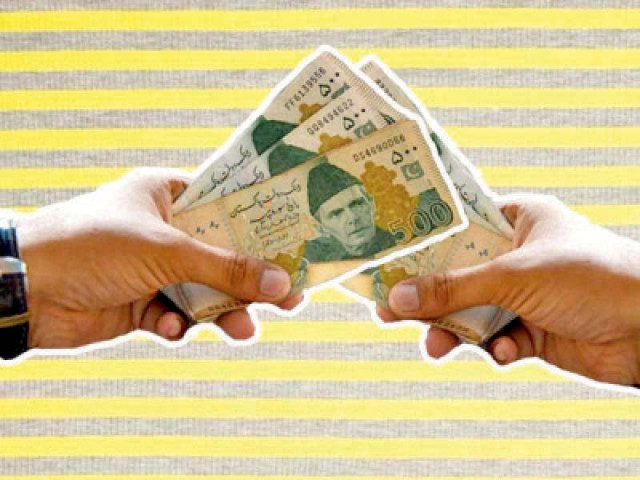Country in slumpflation
Situation requires astute policymaking but political turbulence a stumbling block

Cracks have become visible on the external front. The foreign exchange reserves have dwindled to $10.3 billion on May 6, which cover almost one and a half month of imports.
Usually, three months of import cover is preferred by the international lending agencies and rating agencies. Most of the political governments left their offices with depleting foreign exchange reserves.
Whenever a political government is in office, it intends to grow the economy fast. This is normally done to show improved performance, which is reflected through the growth in gross domestic product (GDP).
Every government intends to grow the economy, which ultimately consumes the foreign exchange reserves as growth depends on the import of capital goods and raw material.
A growing economy needs higher volumes of capital goods, raw material and food items. That is the reason the import bill balloons as the economy grows.
Looking at the import bill, commentators and analysts voice an opinion that we need to curtail imports of luxury items.
Diving into the import statistics, we observe that 25% of the import bill is gobbled up by petroleum products in the current fiscal year. The machinery, food items and agricultural and chemical groups consume 15%, 12% and 18% respectively.
These statistics show that essential components constitute a major portion of imports. In other words, the economy is constrained by the balance of payments (BOP) where dependence is on imports.
If essential imports are cut down, there will be a general slowdown in the economy. These imports are scaled down by tight fiscal and monetary policies.
When the State Bank of Pakistan (SBP) raises the interest rate, the impact will be borne by the economy in the form of slowdown. Since the government borrows from the SBP, the higher interest rate will also reduce the fiscal space of the government.
Some analysts point out that the government keeps its deposits with the banking system. So, one has to measure the net impact of the hike in the interest rate. Even the net impact will squeeze the fiscal space of the government.
After meeting defence, debt and administrative expenditure, there will hardly be any money left for development expenditure. Hence, the axe normally falls on them.
The higher interest rate also increases the financing cost of industrial enterprises. Usually, the leveraged enterprise bears the brunt.
As the export refinance rate will increase, the exporters become cautious. Our exports also depend on imports and a general slowdown in the economy will also reduce exports.
The medium-sized enterprises, which borrow to expand, also face difficulties in a rising interest rate environment. Similarly, the stock market will adjust itself in those circumstances.
The average inflation rate for the first 10 months turned out to be around 11% in the current fiscal year. However, the sensitive inflation rate is hovering around 17% and it has been in double digits since August 2019.
This implies that the poor segment of society has been affected in the last three years.
The depreciation of Pakistani rupee has fueled imported inflation in the last couple of years. Food inflation is in double digits owing to depreciation of the rupee. The higher food inflation will act as a constraint on industrial growth in the coming months.
In a nutshell, the economy is in slumpflation where economic growth is stagnant while average prices are accelerating over the last couple of years.
This peculiar situation requires astute policymaking and implementation. Under the current political turbulence, the policy-makers will face enormous challenges in the days to come.
The writer is the Assistant Professor of Economics at SDSB, Lahore University of Management Sciences (LUMS)
Published in The Express Tribune, May 16th, 2022.
Like Business on Facebook, follow @TribuneBiz on Twitter to stay informed and join in the conversation.



















COMMENTS
Comments are moderated and generally will be posted if they are on-topic and not abusive.
For more information, please see our Comments FAQ